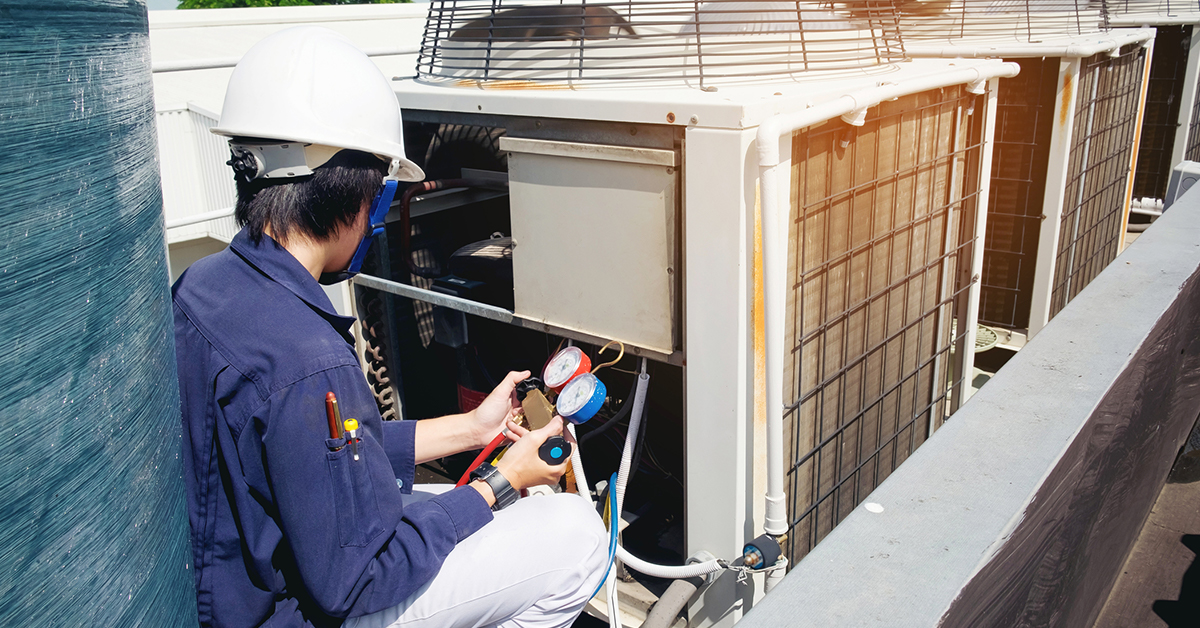
Efficient Use of Energy Protects the Environment and Reduces Cost
In countries with hot climates, air-conditioning systems account for the highest amount of energy consumption in most households. Also, in Korea, the amount of electricity consumption increases rapidly because most people switch on their air conditioners to beat the unbearable summer heat.
The Korean government is even urging people to participate in energy saving campaigns in order to prevent blackouts due to peaks in electricity demand. One “non-technical” aspect of these policies is the “cool-biz” period, for example allowing office workers to not put on a tie.
How to Save Energy on Air-Conditioners?
For high energy consuming electric devices like air-conditioning systems, the need for improved energy efficiency is becoming more and more urgent. The easiest way to save energy is, of course, to buy an energy-efficient model. Energy efficient air-conditioners not only consume less electricity (and thus save costs), they also reduce the emission of greenhouse gases such as carbon monoxide.
Consumers and planners (e.g. for system air-conditioners in office buildings) need a reliable source to judge the energy efficiency. This is an independent third party certification body (CB), like TÜV Rheinland, who runs the No. 1 international laboratory for Korean air-conditioning manufacturers who cater to export markets.
For the local Korean market, KEY (Korea Energy Agency) mandates energy efficiency lavelling of 29 products including air conditioners, refrigerators, freezers, washing machines, dish washers, rice cookers, vacuum cleaners, and more. The efficiency rating ranges from 1 (most efficient) to 5 (least efficient). Products that do not meet the minimum energy performance standard are banned from production and sales.
Focusing On Export Markets
Many other countries in the world are strengthening its energy efficiency regulations for air-conditioners. Today, Korean manufactures dominate the world market for air-conditioning systems and thus have to comply with each country’s national regulations in order to export all over the world.
For example, if you want to export your air conditioners to Saudi Arabia, you have to comply with Saudi Arabian standards (SASO 2681, 2682, 2663, 2673, 2884) for energy efficiency, and based on the rating, a label may be attached to the product. For the United Arab Emirates, the UAE.S/ISO 5151 standard applies. Also, the International Organization for Standardization set relevant norms that are followed by certain countries (ISO 5151, 13253, 13256-1, 15042, 16358-1/2/3). Australia and New Zealand have their own norms (AS/NZS 3823.1.1/2, 3823.2). The customers of TÜV Rheinland Korea can access all relevant target countries through one local contact and laboratory.
Energy Efficiency Testing
With the opening of the new Energy Efficiency Laboratory (EEL) in July 2014, TÜV Rheinland had significantly expanded its Korean operations and now has the biggest independent laboratory for single and multiple air-conditioning systems in Korea. complete with the latest equipment such as air enthalpy type calorimeter.
Air enthalpy type calorimeter is aimed at testing the cooling & heating capacity and electrical heat performance. It calculates the capacity in accordance with international and national standards by measuring air enthalpy differences between intake and discharge of the indoor test unit chamber and the air flow. The test conditions will be varied according to the relevant norms.
TÜV Rheinland provides a one-stop service, not only for safety and EMC testing, but also for energy-related technical services for all kind of air conditioners such as non-ducted/ducted air conditioners, Air-to-Water Heat pumps, and Air-to-Air conditioners (including single or multiple split air conditioners, window, single packaged, and portable type air conditioners).
Manufacturers can benefit from a full range of convenient and time-saving testing service from a single source. This includes, among others, conformity and performance testing on ISO standard and energy efficiency testing based on ISO standards and national energy regulations such as Saudi Arabia, UAE, Kuwait, Indonesia, Republic of South Africa, Chile, Qatar, Australia and so on.
Interested in our product testing and Market Access Services? Speak to our experts at:
Related News



